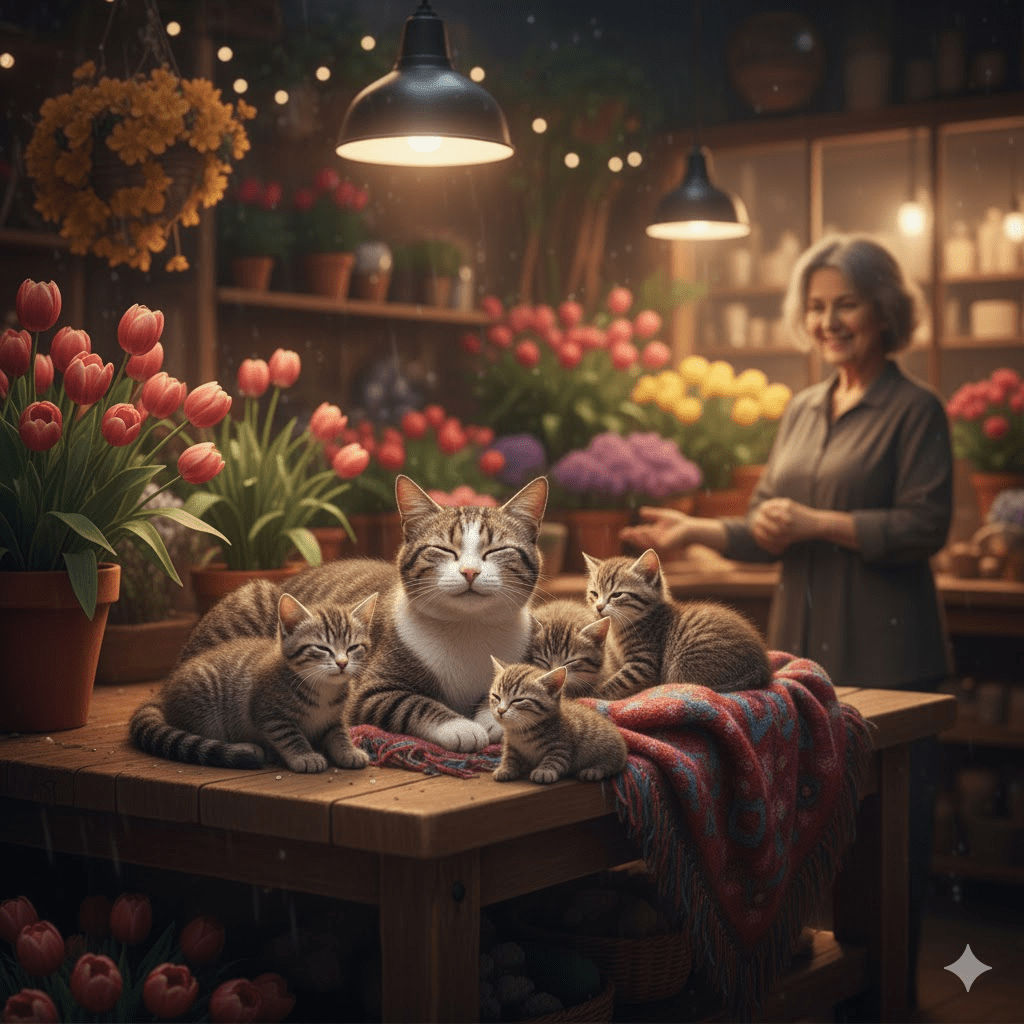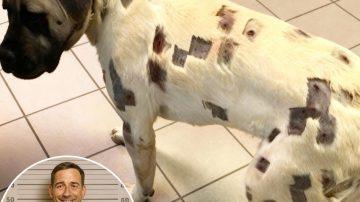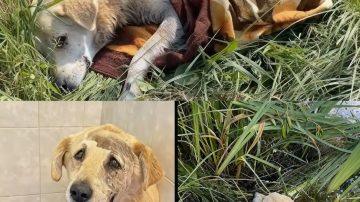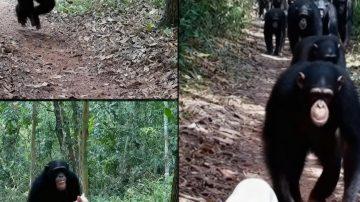The alley behind Mrs. Imani’s flower shop had always been a place of quiet comings and goings, the scent of fresh blooms mingling subtly with the damp earth and forgotten refuse. But one cold spring morning, a new kind of life stirred beneath a rusted tin roof. A stray cat, whose ribs showed through her thin fur, gave birth to four tiny, helpless kittens. Her name, if she ever had one, was lost to the streets, but Mrs. Imani, peeking through her shop window, christened her “Ma.” Ma was a creature of instinct and fierce love, her emaciated body a testament to the harshness of her life, yet her eyes held an unwavering fire—soft, wild, and utterly determined. She licked each new life clean with trembling tenderness, curling her body around them, a living, breathing blanket against the cold, a silent promise of survival in a world that offered little. It was a raw, primal scene of vulnerability and strength, hidden from the bustling world but observed by a single, empathetic heart.
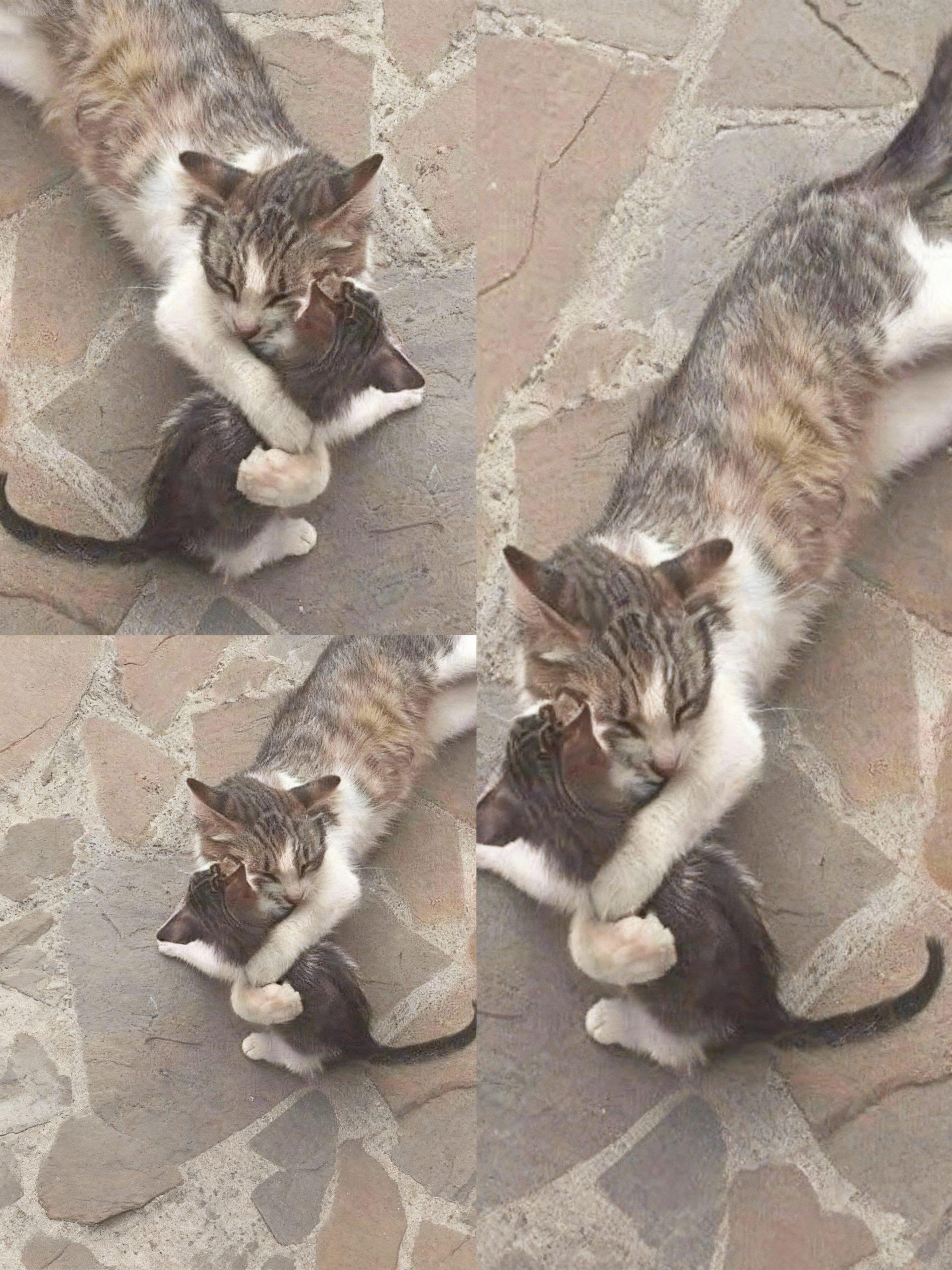
Every morning, a silent ritual unfolded. Ma, driven by the gnawing hunger that defined her existence, would slip away from her mewing brood, her absence a brief agony for the tiny creatures. She foraged tirelessly—scraps, forgotten bread, even the bitter petals of discarded flowers became sustenance when nothing else could be found. She never ventured far, her maternal tether pulling her back with an invisible force. Each return was a testament to her dedication, a slow but certain journey back to the huddle of warmth and desperate cries. Mrs. Imani, watching these daily struggles, felt a pang of profound sympathy. One rainy evening, moved by the sight of the mother cat shivering in the cold, she placed a small, shawl-lined basket near the alley wall, a beacon of warmth and shelter. “Come inside, Ma,” she whispered, a gentle invitation to a life less harsh. But trust, for a creature like Ma, was a fragile, hard-won thing, and she remained wary, her instincts keeping her at a distance.
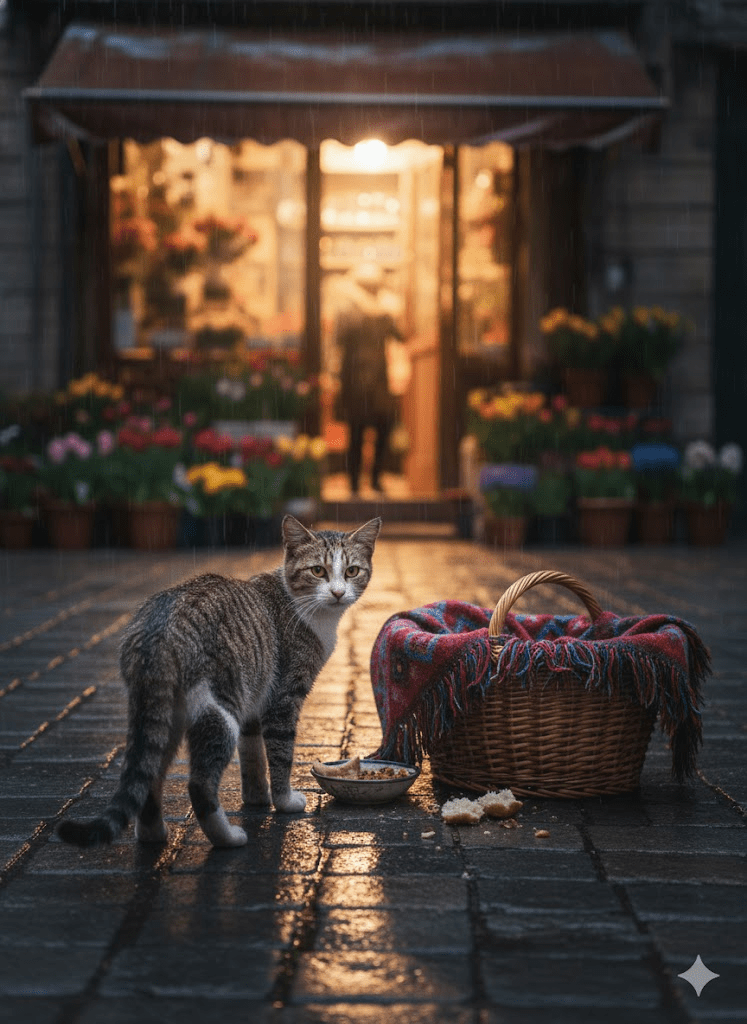
The dawn after that rainy night brought a chilling discovery. Only three kittens remained in the makeshift nest. Panic, raw and visceral, seized Ma. Her cries, sharper and more desperate than any sound she had made before, echoed down the alley as she darted frantically, searching. Mrs. Imani, alerted by the sudden distress, joined the search, her flashlight beam cutting through the gloom, illuminating storm drains and trash bins. And then, a faint, desperate mewling reached them—a tiny gray kitten, cold and barely alive, had slipped into a narrow crack between the alley stones, trapped. Ma was already there, pawing frantically at the unforgiving gap, crying back to her lost baby. Mrs. Imani, with gentle hands and a racing heart, knelt and carefully worked the kitten free. Ma, trembling with relief, took her baby gently in her mouth and carried it back to the precious warmth of the nest.

From that harrowing moment, Ma refused to leave the alley for three days. She became an immovable anchor, a bastion of furry warmth, curled tightly around her babies. She groomed them incessantly, her purrs rumbling like distant thunder, pouring every ounce of her depleted soul into their fragile survival. It was a period of intense vigilance and unwavering devotion, a silent battle against the odds. And somehow, against all expectations, they lived. The crisis forged an invisible bridge between the wary mother and the kind shopkeeper. One day, a small victory unfolded: Ma, her trust slowly growing, finally accepted the basket, its warmth and safety a welcome reprieve from the harsh alley floor.
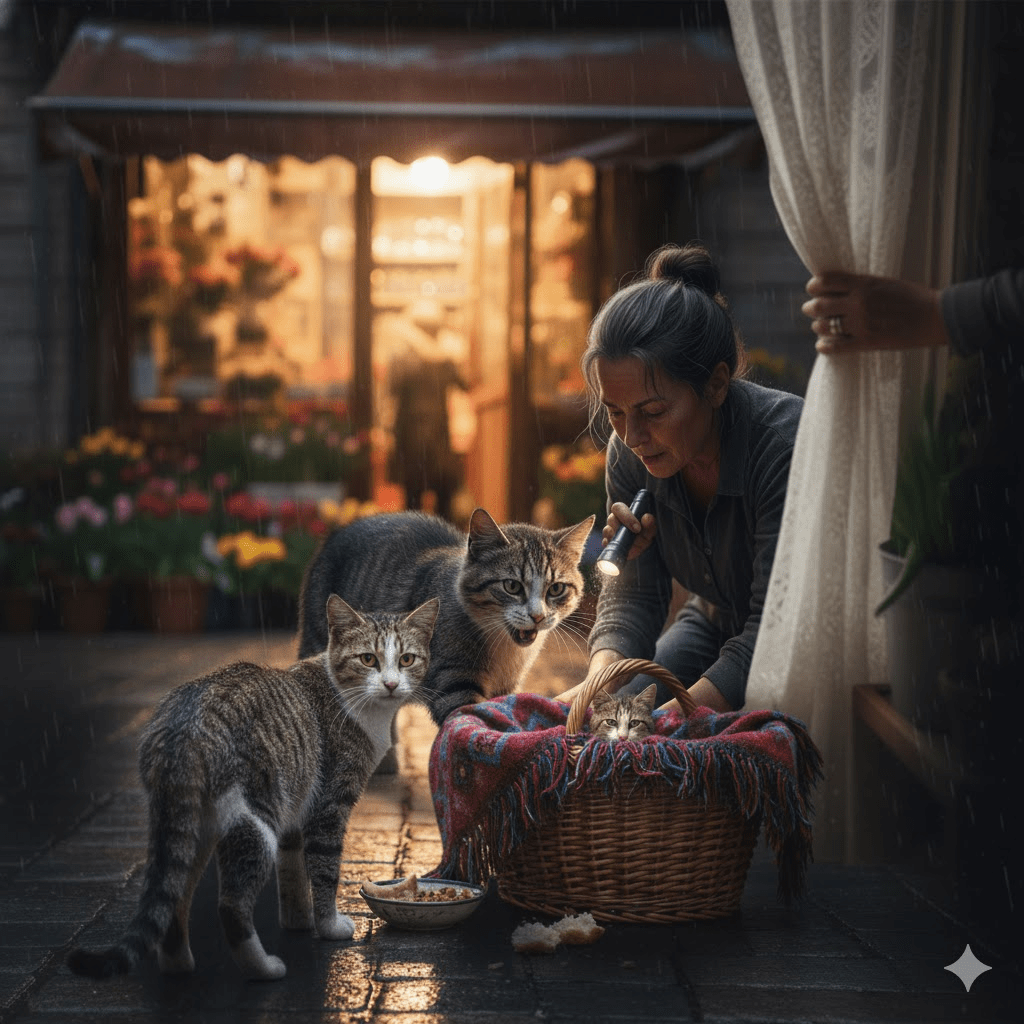
This single act of acceptance was the first step on a journey that would lead Ma and her kittens from the cold alley to the vibrant warmth of the flower shop itself. Mrs. Imani, her heart now deeply entwined with the little family, kept all five of them. The kittens, once fragile and mewling, blossomed into playful, plump bundles of fur, their days filled with chasing sunbeams and gentle skirmishes. Ma, too, underwent a transformation. Her weary eyes softened, her cautious demeanor slowly melting into one of contentment. She had given everything for her babies, and now, in this unexpected sanctuary, she was finally receiving something in return: safety, warmth, and unconditional love.
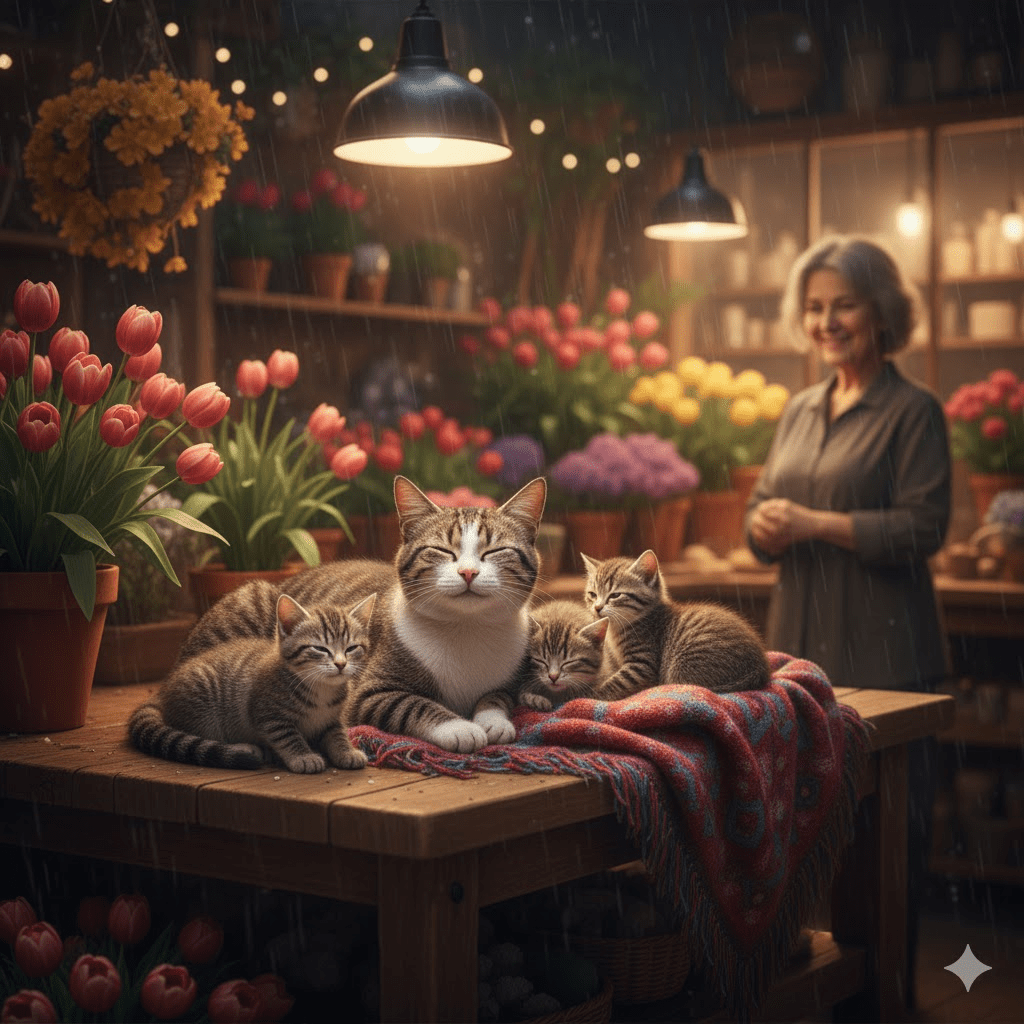
Sometimes, customers entering the flower shop would pause, a smile spreading across their faces at the sight that greeted them. Ma would be lounging regally on the counter, her eyes half-closed in a blissful slumber, her kittens tucked around her like petals around a heart. “She’s just a stray,” a well-meaning customer once remarked, perhaps unaware of the profound journey that had brought this feline family indoors. But Mrs. Imani, shaking her head gently, offered a deeper truth. “No,” she replied softly, her gaze tenderly fixed on Ma. “She’s a mother. That’s something sacred.” And Ma, with her once-weathered fur now sleek and her once-weary eyes reflecting a newfound peace, would purr in reply—a quiet, resonant song. It was the melody of a love that asks for nothing, demands nothing, and yet, in its boundless giving, offers everything. A testament to survival, compassion, and the enduring power of a mother’s heart.
